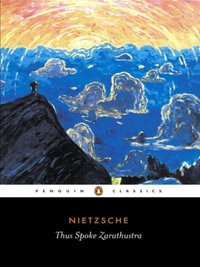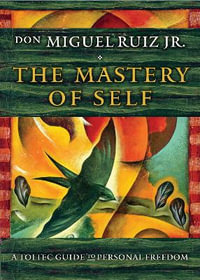David J. Chalmers constructs a highly ambitious and original picture of the world, from a few basic elements. He develops and extends Rudolf Carnap's attempt to do the same in Der Logische Aufbau Der Welt (1928). Carnap gave a blueprint for describing the entire world using a limited vocabulary, so that all truths about the world could be derived from that description--but his Aufbau is often seen as a noble failure. In Constructing the World, Chalmers argues that something like the Aufbau project can succeed. With the right vocabulary and the right derivation relation, we can indeed construct the world.
The focal point of Chalmers's project is scrutability: roughly, the thesis that ideal reasoning from a limited class of basic truths yields all truths about the world. Chalmers first argues for the scrutability thesis and then considers how small the base can be. All this can be seen as a project in metaphysical epistemology: epistemology in service of a global picture of the world and of our conception thereof.
The scrutability framework has ramifications throughout philosophy. Using it, Chalmers defends a broadly Fregean approach to meaning, argues for an internalist approach to the contents of thought, and rebuts W. V. Quine's arguments against the analytic and the a priori. He also uses scrutability to analyze the unity of science, to defend a conceptual approach to metaphysics, and to mount a structuralist response to skepticism. Based on Chalmers's 2010 John Locke lectures, Constructing the World opens up debate on central areas of philosophy including philosophy of language, consciousness, knowledge, and reality. This major work by a leading philosopher will appeal to philosophers in all areas.
Industry Reviews
This is the spaceship amongst philosophy books: it aspires to a view, not from nowhere, but from everywhere onto the worldas truths. Its melange of breadth and rigour acquits it of megalomania, and introduces a form of analytically shaped philosophical speculation which, in light of the predominant trend of miniature debates, is both exciting and refreshing. * Silvia Jonas, Philosophical Quarterly *
Chalmers' influence in philosophy and consciousness studies is unquestionable. * Thomas W. Polger, The British Journal for the Philosophy of Science *
Chalmers book is monumental in its length and its extraordinary scope. I think its a safe bet that it will also be monumental in its influence. Chalmers book is sure to dominate future discussions of apriority and Fregean sense and with good reason: it is fascinating, well-argued and highly original. If youll excuse a reviewers cliche, Constructing the World is required reading for philosophers interested in epistemology or the foundations of semantics. * Tom Donaldson, Notre Dame Philosophical Reviews *
























